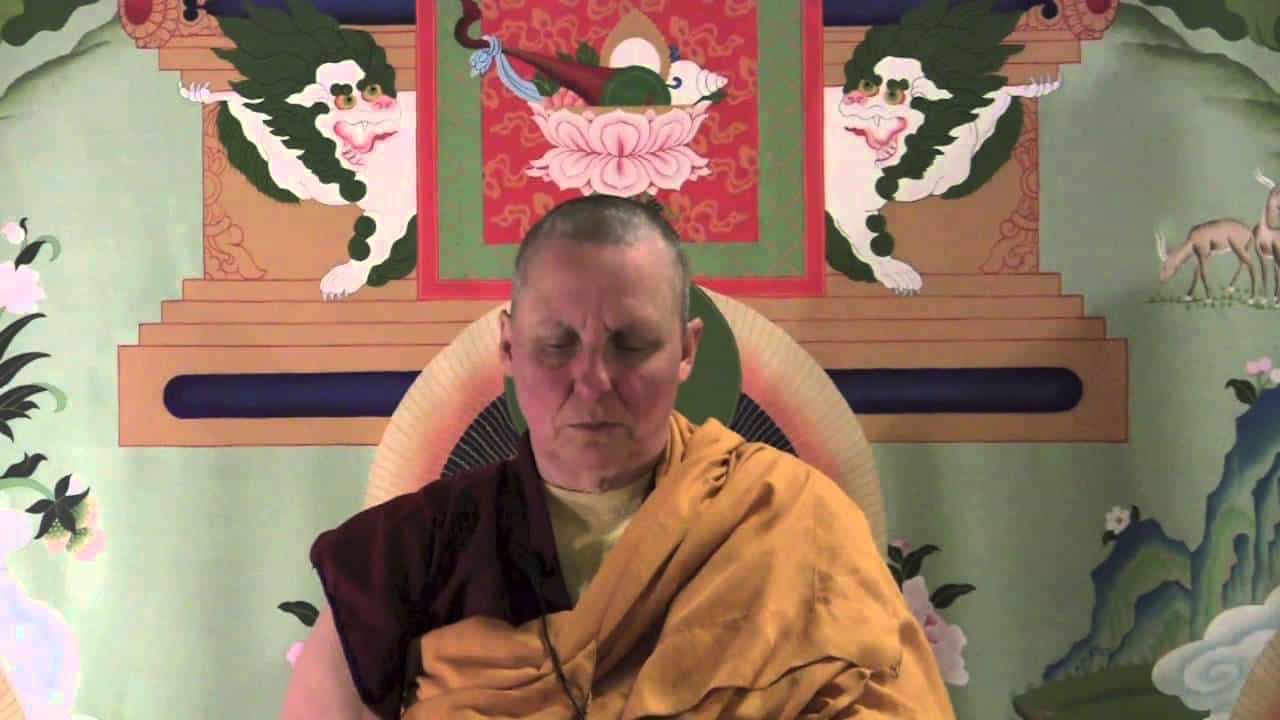Being present
By C. M.

Once I found my sobriety (initially forced by incarceration and later by choice), I was in a better position to assess my past life, my situation at the time, and my potential future. This process involved not only taking a personal inventory of my past, the present and my future, but it was also necessary to look at myself in the metaphoric mirror. What I saw there was a wide range of perspectives. Initially I felt a deep sense of disgust on multiple levels. I saw my past and the harm I caused to countless beings. I was overwhelmed by dark thoughts and felt that there was no redeeming value to my life or in my future. I indulged in self-pity, shame, and guilt which distracted me from looking at my past in a healthy constructive way. It was through my Buddhist practice and with the guidance of numerous Buddhist teachers that I was able to finally break through this self-imposed fog. I discovered that these emotions were counterproductive and more about me than about others, or the suffering I had caused over the course of many years.
Self-pity is fairly obvious just by the wording. It means to pity self. That has nothing to do with empathy, understanding, compassion, or regret, it’s all about self. Shame is one of the parents of self-pity. One feels guilt when caught after doing something wrong or by the fact that they may get caught. This too has little to do with concern for others and does nothing for the person harmed, or for those who will be harmed in the future. Guilt has everything to do with how one feels at a particular moment and often provides an emotional cushion to fall back on. None of this leads to a positive result.
Regret definitively encompasses a number of these emotions but actually allows room to deeply examine behaviors and actions in their relationship to cause and effect. In Buddhism that is referred to as karma, other religions use the example of “what you reap is what you sow.” A clear understanding of regret makes it possible to do a personal inventory alleviating egocentric thoughts and emotions. It simply requires that you be totally present. Regret also makes it possible to not be the source of suffering because it is a more sincere emotion stemming from past harmful actions and understanding fully the consequences.
It is actually OK to briefly experience feelings of self-pity, shame and guilt, because this may lead to developing a more constructive understanding of what regret is all about. Getting immersed in these sentiments though could mean that you are not seeing the entire picture or perhaps you just don’t want to. Whatever the case, it is desirable to view the harmful aspects of your past with regret and forgiveness. If you can do that, and add a healthy dose of humor too, you will then discover what true happiness is and be an instrument of healing.
Incarcerated people
Many incarcerated people from all over the United States correspond with Venerable Thubten Chodron and monastics from Sravasti Abbey. They offer great insights into how they are applying the Dharma and striving to be of benefit to themselves and others in even the most difficult of situations.


